Below are the Chinese names with their English translations of Wing Chun terminology.
Yin and Yang

Yin and Yang comes from the heart of an ancient 4th Century B.C. Chinese philosophy know as Taoism (The Way). Its most basic meaning is all about achieving balance and harmony. Yin represents all things internal, this could be your internal training, finding the balance between your body and your mind and having a greater understanding of yourself and your capabilities. Yang represents the external, understanding what is happening around you, becoming aware of your surroundings and your place in the world. Yin and Yang can be in everything, the lighter side Yin, is warm, positive, soft and feminine while the darker side is hard, negative, cold and masculine. An egg for example has a hard shell, this being the Yang part and in the inside would be soft and wet, the Yin part. But remember Yin and Yang are not complete opposites, there’s a little of both in each part which represents the harmony and balance. So by learning not to fight or push against life and its problems we should try to learn to accept life’s challenges and then we can search for the good things in each bad situation and maybe in everything that we experience in our lives and the world.
Forms
- Siu Nim Tao – Little idea about the beginning (Your beginning of knowing yourself and learning to stay relaxed)
- Chum Kiu – Seeking the bridge (Making connections with others using positivity and not fighting force)
- Biu Jee – Thrusting or darting fingers (Learning responsibility within the freedom of your movements, utilising simplicity)
- Muk Yan Chong – Wooden man post or Wooden dummy (Understanding the world around you as well as knowing more about your inner self)
Kung Fu Schools Family Lineage
- Si Hing – Senior male student
- Si Je – Senior female student
- Gaau Lin – Instructor
- Sifu – Master or Kung Fu teacher
- Si Gung – Master’s master
Limb Names
- Sau – Hand
- Sau Keun – Pulling back, fist withdraw
- Kuen – Fist
- Geuk – Leg
Positions and Movements
- Bong Sau – Wing arm
- Dai Bong Sau – Low wing arm
- Fook Sau – Subduing hand
- Man Sau – Inquisitive or discovering hand
- Wu Sau – Protecting hand
- Tan Sau – Palm up hand
- Gam Sau – Pressing hand
- Kau Sau – Swirling hand
- Heun Sau – Circling hand
- Tok Sau – Lifting hand
- Lap Sau – Pulling or seizing hand
- Biu Sau – Darting hand
- Jut Sau – Jerking hand
- Jam Sau – Sinking hand
- Gaun Sau – Splitting hand
- Kwan Sau – Rotating hand
Training Drills
- Chi Sau – Sticky hands
- Luk Sau – Rolling arms
- Chi Geuk – Sticky feet
- Lok sau – Rolling
Where To Now?
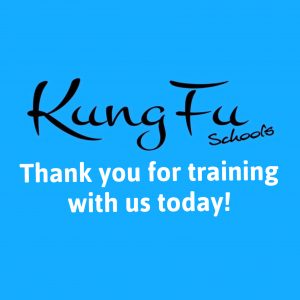
Latest Blog Posts
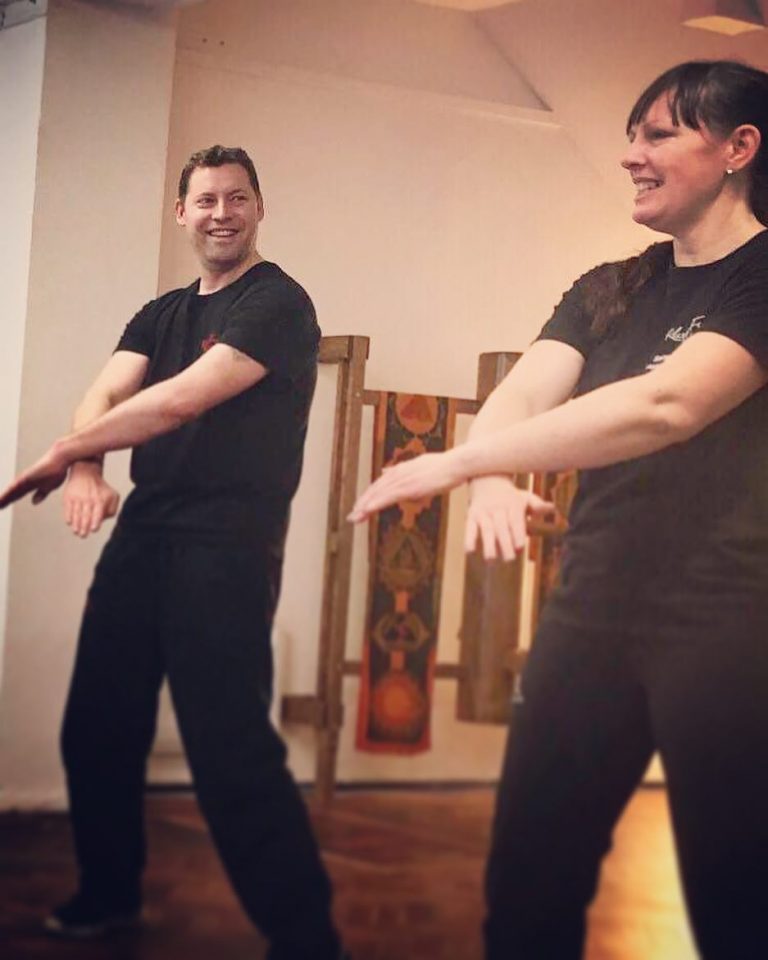
Welcome To Our New Website!
Welcome to Kung Fu Schools Hastings… Previous Next Hi everyone and thank you for visiting our new fully interactive website.
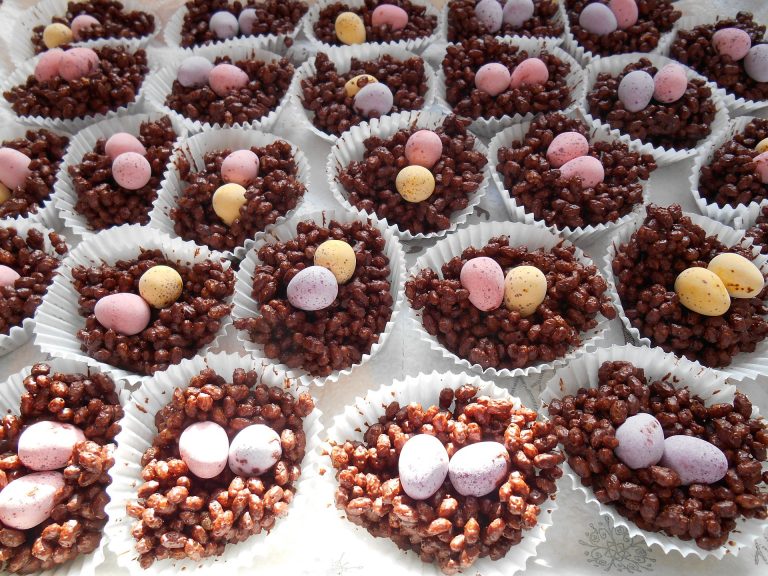
Family Activities To Enjoy This Easter Weekend
DIY Easter Egg HuntYoung ones love an Easter Egg Hunt and this is a great favourite to do at home
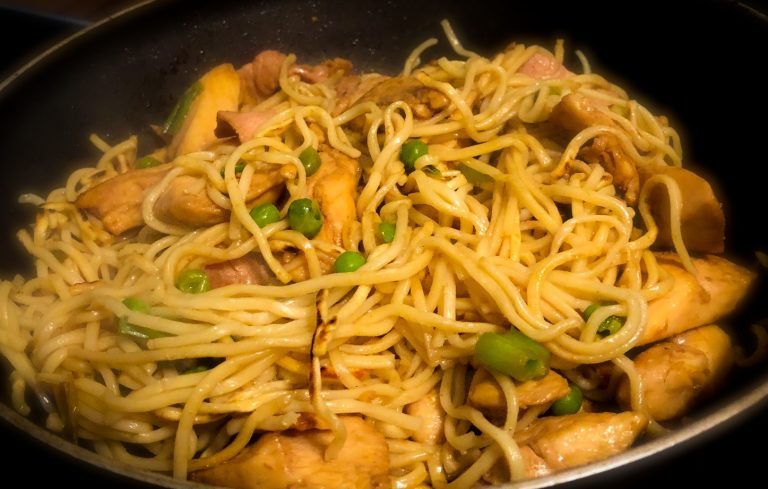
Tasty Chicken Stir Fry
Chicken Stir FryThis is a delicious recipe that Lewis and I cooked yesterday! We enjoy cooking various meals and baking
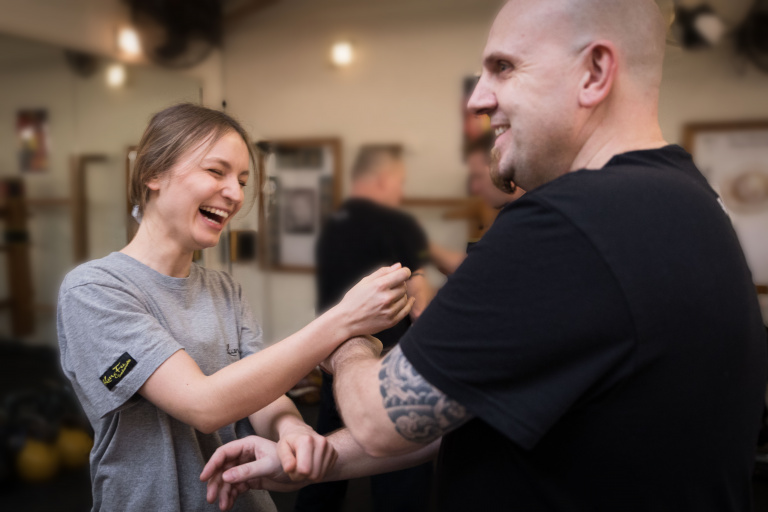
Is Wing Chun Kung Fu effective?
Where does Wing Chun come from? Wing Chun is a traditional southern Chinese style of Kung Fu that historians agree
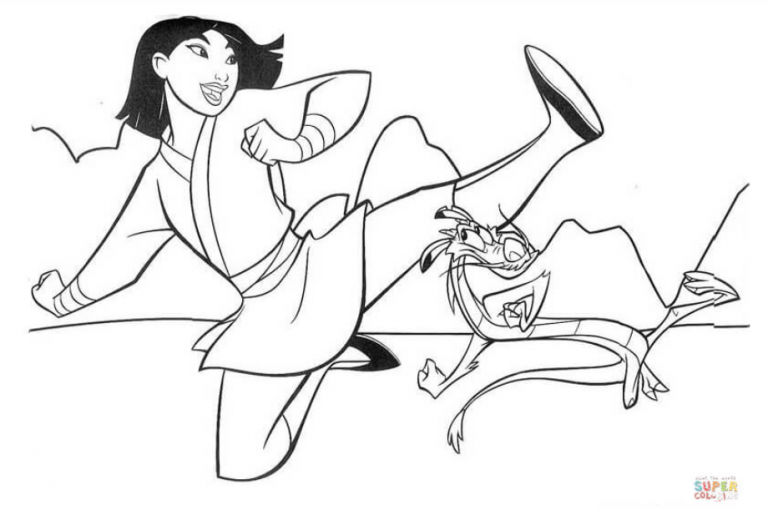
Kung Fu Creative Activities
Here are some fun and creative activities to do at home! Would you like to learn how to write Wing

Healthy Food To Improve Your Sleep
Getting A Good Night’s Sleep Is So Important For Your Well-Being When we miss out on a good block of


